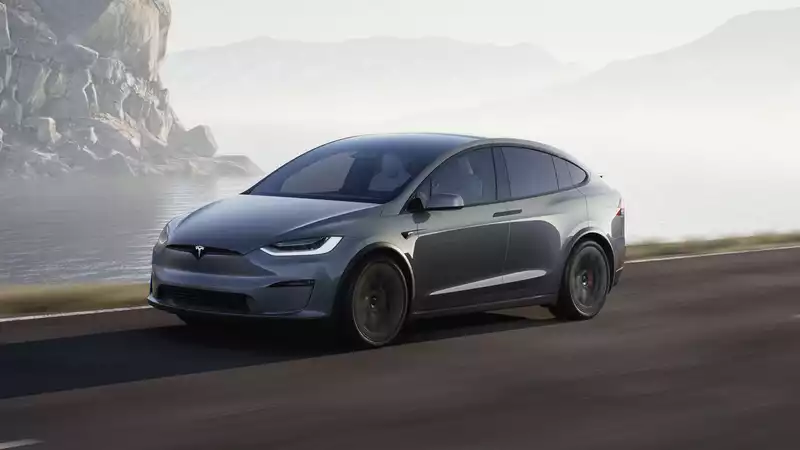Tesla has reduced the price of the "fully automatic" upgrade required for older Tesla models to take advantage of the new FSD subscription service. It will now be $1,000, down from $1,500.
This is likely in response to criticism from Tesla owners who were asked to pay for the upgrade. It used to be free, and fully automated Autopilot would not work without it.
The main problem people had with Tesla charging for hardware upgrades was that initially all Teslas were said to have the necessary hardware for full self-driving. The only reason they had to pay extra for the full self-driving add-on was to access the software to upgrade the Autopilot system.
Tesla then discovered that the full self-driving computers 2.0 and 2.5 in pre-2019 Tesla vehicles were not sufficient to handle the autonomous driving features Tesla wanted. So starting in 2019, they began using FSD Computer 3.0, while owners of older cars who purchased the FSD add-on received a free upgrade.
Of course, Tesla operates the FSD subscription a little differently, because it is a non-committed subscription of $199 per month, rather than a $10,000 lifetime purchase. Thus, it is asking drivers of older cars to pay for upgrades, even though owners of older cars may have thought they already had the necessary FSD hardware.
However, the company seems to have heard the criticism, and the Tesla app now shows discounted pricing for FSD hardware upgrades; Elektrek reports that people who paid the full $1,500 have received $500 refunds in the last few days.
While a price cut is the right idea for this situation, it stands to reason that not everyone will be pleased. After all, Tesla has promised that cars purchased between 2016 and 2019 will have the hardware necessary to take advantage of full self-driving when the feature becomes available.
The company failed to keep that promise, and it is understandable that people would be frustrated at being asked to pay $1,000 to fix something that is completely out of their control. It is understandable that automakers would want to deliver what they promised in the first place.
I also think this situation could happen again in the future, especially since Tesla seems so keen on subscription revenue. After all, Tesla's "fully automated" cars are not fully autonomous.
In fact, Tesla has told California regulators that its system offers Level 2 autonomy as defined by the Society of Automotive Engineers (SAE).
"True" autonomy would not be available until Level 4 or Level 5, and much development is still needed to reach that level.
Tesla may find itself in a similar situation in the future. Better and more powerful computer hardware will be needed to enable cars to drive more autonomously. It is clearly a negative to use terms such as "fully automated driving" when the car itself is not fully independent.
We don't know what will happen in the future, and we don't know what barriers automakers will run into as they try to achieve fully autonomous driving. But Elon Musk has already admitted that autonomous driving is much more difficult than he thinks, and it is not unreasonable to question whether the current Tesla Autopilot hardware is up to the task.










Comments